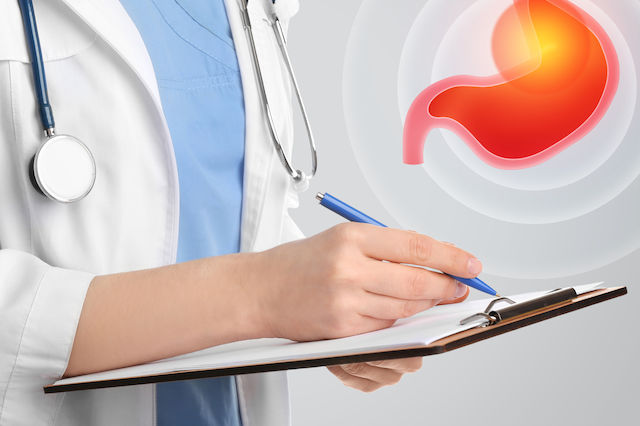Vitamin D and Diet
Vitamin D, also known as the sunshine vitamin, is a fat-soluble vitamin necessary for optimal health. It helps your body absorb calcium and maintain adequate levels of magnesium and phosphorus for healthy teeth, muscles, and bones. It also plays a critical role in brain development, heart function, the immune system, and mental health.
However, low levels of vitamin D in the body are a common phenomenon. Symptoms of deficiency include fatigue, muscle pain, weak bones, and in children, stunted growth.
To maintain adequate levels of vitamin D, children under 12 months should consume 400 IU of vitamin D daily, while children aged 1-13 years should consume 600 IU daily. Adults and pregnant or lactating women should aim for 600 and 800 IU daily, respectively.
However, very few foods contain this vitamin, and those that do are mainly animal products. Therefore, it can be difficult to meet your needs, especially if you are a vegetarian or vegan.
5 good sources of Vitamin D are:
1. Sunlight
Your skin can produce vitamin D when exposed to the ultraviolet B (UVB) rays of the sun. However, excessive sun exposure can increase the risk of skin cancer. Therefore, the National Institutes of Health (NIH) advises people not to rely on the sun as their primary source of vitamin D.
2. Egg yolks
Egg yolks can provide significant amounts of vitamin D, especially if the eggs come from free-range chickens.
3. Fatty fish
Several fish such as mackerel, sardines, herring, and salmon are rich in healthy fats and vitamin D.
4. Margarine
Unlike butter, which is usually not fortified with vitamin D, many brands of margarine add this nutrient. A tablespoon (14 grams) usually provides about 20 IU.
5. Supplements
If you are concerned that you may not be getting enough vitamin D from your diet, supplements can serve as a reliable and consistent source. The most common form of vitamin D found in supplements is vitamin D3.
It is recommended to consume it with a main meal, as vitamin D is fat-soluble and consuming it with fatty foods can help increase its absorption.
Note that the Recommended Daily Intake (RDI) is 400-800 IU, depending on factors such as age, pregnancy, etc. Exceeding this dosage for prolonged periods is not recommended, as it can cause toxicity with harmful symptoms for the body. While such a phenomenon is not common, it can occur.
In conclusion, vitamin D is a very important vitamin for the body, and its levels should be within normal limits.
If you cannot meet your nutritional needs through diet, you can take a vitamin D supplement.
*Following a blood test, the diagnosis of possible deficiency or insufficiency is made and the dosage to be taken is determined accordingly.








Be the first to leave a comment!